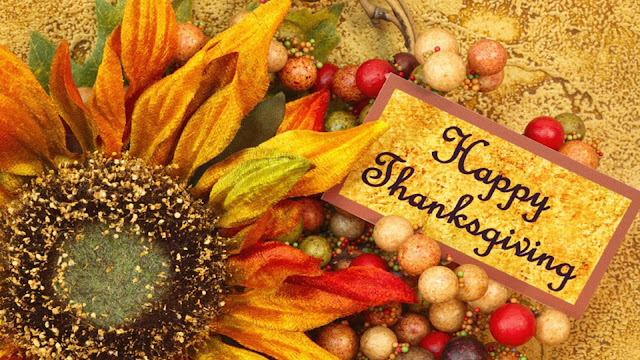Just Like The Flowers, You Need Water Too!
We’re in Utah, just South of Salt Lake City. Our youngest son, Anthony, and his family moved up here in January of 2023 and although it’s been difficult since they no longer live close to us, it’s great to have this beautiful place to visit. Just two and a half weeks ago they had their second baby, a little girl they named “Piper.” We flew up here to meet and love on her! At the same time, our son is getting ready to open his chiropractic office so my husband, Robert’s been helping put together bookshelves and transfer all kinds of office equipment from their house to Anthony’s “Brightside Chiropractic” office in the city of Sandy. It’s been a busy two days so far.
I skied with my son when I was here in February, and now it’s 80 degrees out, clear blue skies, and lots of outdoor activities to enjoy. Yesterday we hiked up to a lake. Even his two-and-a-half-year-old, Vail, made it the one-mile uphill, traversing over some gnarly rocks. As we climbed up the rugged dirt trail, we made our way through some spectacular scenery. Anthony’s wife, Saige, carried their newborn in a front papoose-type carrier. Saige has been hiking and back at the gym, lifting heavy weights, for over a week now! This is one of the beautiful things about having an unmedicated at-home birth. Both baby and mommy are usually ready to do much more than had they both been poked and prodded in a hospital.
Back to the hike. This time of the year the mountains are peppered with all kinds of beautiful wildflowers; purple, white, pink, green, yellow, and orange. I couldn’t wait to start picking them, so the small bouquet continued to grow as I carried it uphill. The small bunch of delicate lovelies also contained some wild lavender, so the smell was amazing. By the time we got to the lake, I realized that picking them on the way down would have been a better idea since all of them were at that point, wilted and sad.
I didn’t give the flowers much hope for survival, but I decided to stick them in water once we got back to the house. To my surprise, in only an hour, the happy bunch perked back up in a full display of their original splendor! As I shared my delighted discovery Anthony replied, “Mom, this is a great example of what happens to us when we become dehydrated!” How true this is and what a great reminder nature provided me today.
Remember to drink good, fresh, clean water as the warmer months are upon us in the Northern Hemisphere. Drink half your body weight in ounces of water each day. For example: if you are 150 lbs., drink at least 75 ounces of water daily. If you are very active in sports make sure to drink even more. If you start feeling tired in the afternoon, try downing a big glass of water. Your fatigue may be a symptom of dehydration, and not actual tiredness from lack of sleep. When you feel wilted, drink up!
Fearlessly, Donna
"But whoever drinks the water I give them will never thirst. Indeed, the water I give them will become in them a spring of water welling up to eternal life.”
John 4:14
To purchase my newest book click this link:
Fearless Women!







